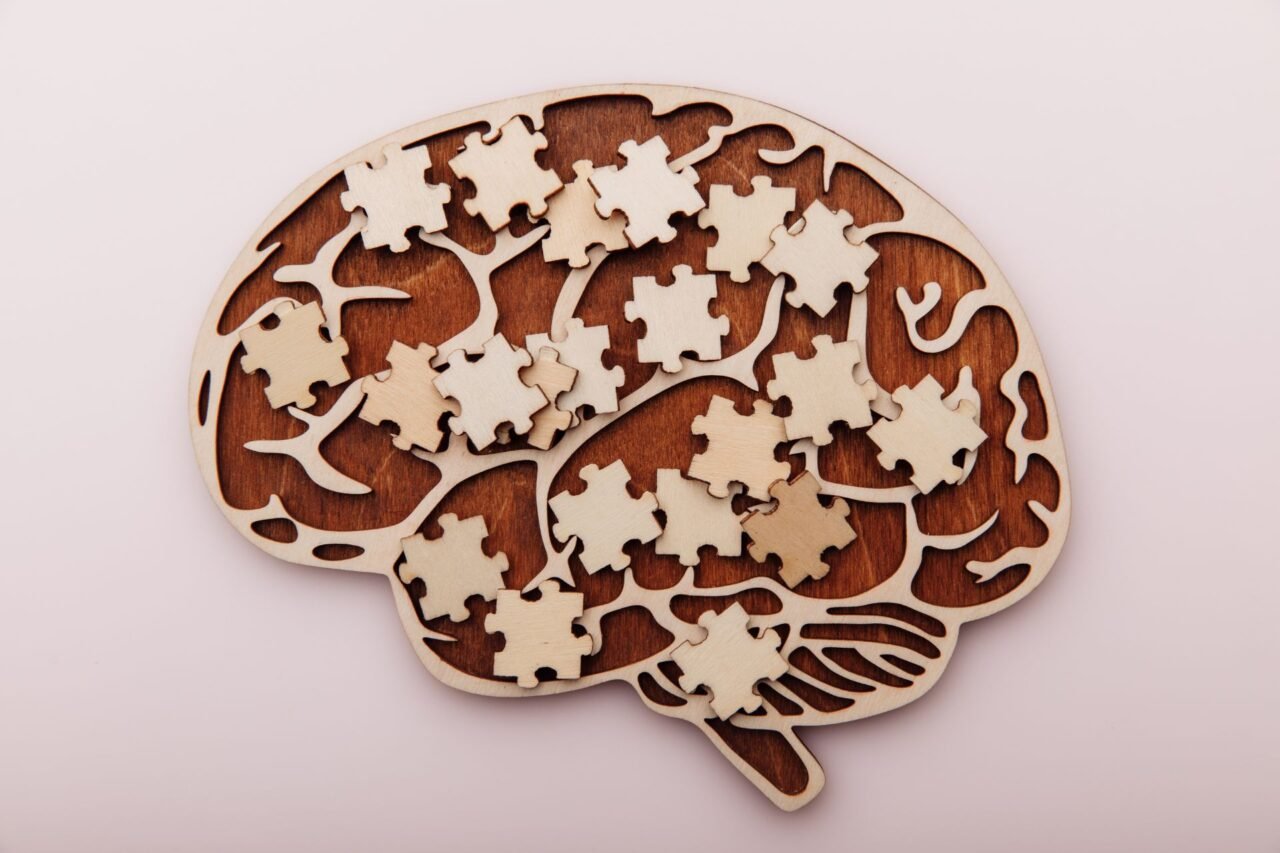Science
Neuroscientist Explores Memory Manipulation in New Book

Memory plays a vital role in shaping our lives, yet recent research reveals how malleable it can be. In his upcoming book, How to Change a Memory: One Neuroscientist’s Quest to Alter the Past, Dr. Steve Ramirez discusses the groundbreaking potential of memory manipulation, exploring both its scientific implications and personal significance.
Dr. Ramirez, a neuroscientist, highlights how memories are not static records but rather fluid reconstructions of past experiences. This insight is crucial, as it opens avenues for both therapeutic interventions and ethical considerations surrounding memory manipulation. His research at MIT has shown that false memories can be implanted in laboratory animals, raising questions about the potential for similar techniques in humans.
Exploring the Science of Memory Manipulation
The research on memory is evolving rapidly. Dr. Ramirez notes that what started as a single research paper over a decade ago has blossomed into a thriving field of study. In recent years, conferences have gathered hundreds of researchers dedicated to understanding and manipulating memories. This burgeoning area of scientific inquiry has led to significant advancements, particularly in restoring memories affected by conditions like Alzheimer’s disease, addiction, and trauma.
Dr. Ramirez reflects on the progress made since his early studies with his late mentor, Xu Liu. He emphasizes that the field is experiencing a renaissance, with new scientists and innovative techniques pushing the boundaries of what is possible. From activating positive memories to alleviating the emotional burden of negative ones, the applications of this research are wide-ranging and promising.
Ethical Considerations in Memory Manipulation
As the potential for memory manipulation grows, so too do ethical concerns. Dr. Ramirez stresses the importance of maintaining transparent discussions about the implications of this research. He advocates for a collaborative dialogue among scientists, ethicists, and the public to ensure that memory manipulation is used responsibly.
“The goal is to understand memory so that we can restore health and wellbeing,” Dr. Ramirez states. He emphasizes that interventions should be targeted, focusing on individuals with debilitating conditions rather than applying broad memory alteration techniques indiscriminately.
Dr. Ramirez acknowledges the fears often associated with memory manipulation, drawing parallels to dystopian portrayals in films like Total Recall and Inception. He reassures that the current focus is not on controlling minds but on leveraging our understanding of memory for therapeutic benefits.
Through his research, Dr. Ramirez has developed a profound respect for memory’s complexity and its capacity for healing. He believes that fostering a deeper appreciation for memory can enhance our connections with others, particularly in recovery settings where shared experiences can promote empathy and understanding.
Dr. Ramirez hopes that readers will take away an appreciation for the power of memory, both as a scientific phenomenon and a deeply human experience. His narrative intertwines personal stories with scientific exploration, aiming to bridge the gap between the two realms.
The book is set to be published by Princeton University Press on November 4, 2023, and promises to offer insights into the human experience of memory, the complexities of scientific discovery, and the potential for future applications in mental health and wellbeing.
Dr. Ramirez’s journey illustrates that while memories shape our identities, they are also subject to change. As research continues to advance, the possibilities for enhancing human experience through memory manipulation remain vast and, perhaps, transformative.
-

 Science2 weeks ago
Science2 weeks agoResearchers Challenge 200-Year-Old Physics Principle with Atomic Engines
-

 Politics2 weeks ago
Politics2 weeks agoNHP Foundation Secures Land for 158 Affordable Apartments in Denver
-

 Lifestyle6 days ago
Lifestyle6 days agoTrump’s Push to Censor National Parks Faces Growing Backlash
-

 Health2 weeks ago
Health2 weeks agoNeuroscientist Advocates for Flag Football Until Age 14
-

 Lifestyle2 weeks ago
Lifestyle2 weeks agoLongtime Friends Face Heartbreak After Loss and Isolation
-

 World1 week ago
World1 week agoBoeing’s Aircraft Production: Assessing Numbers and Challenges
-

 Politics6 days ago
Politics6 days agoNFL Confirms Star-Studded Halftime Show for Super Bowl LVIII
-

 World2 weeks ago
World2 weeks agoGlobal Military Spending: Air Forces Ranked by Budget and Capability
-

 Entertainment7 days ago
Entertainment7 days agoSyracuse Stage Delivers Lively Adaptation of ‘The 39 Steps’
-

 Top Stories1 week ago
Top Stories1 week agoUrgent Search for Suspect Who Exposed Himself to Teen Girl
-

 Science7 days ago
Science7 days agoAI Misidentifies Doritos Bag as Gun, Triggers Police Response
-

 Lifestyle1 week ago
Lifestyle1 week agoRed Bluff High School’s Elli Nolan Named Rotary Student of the Month









